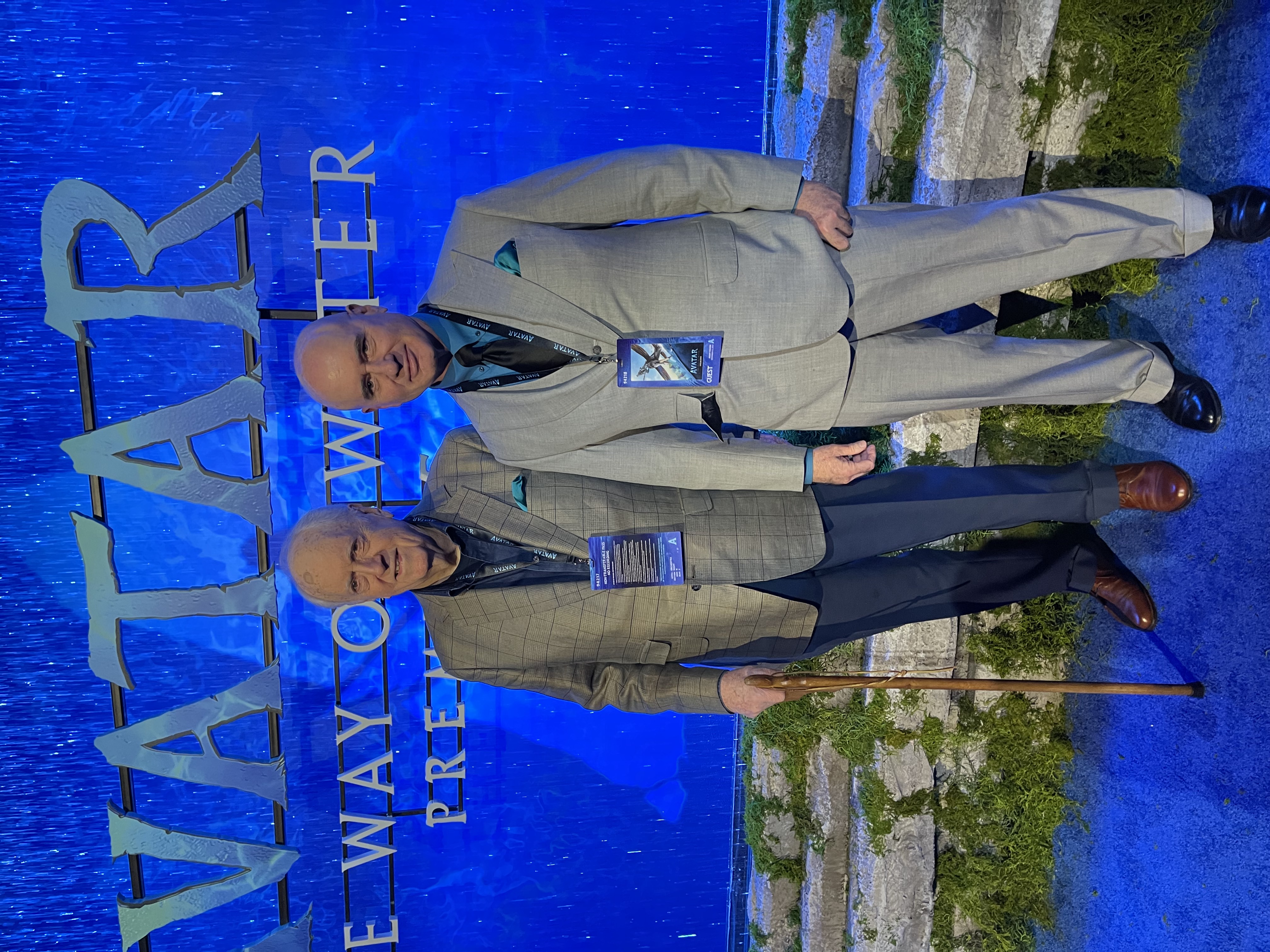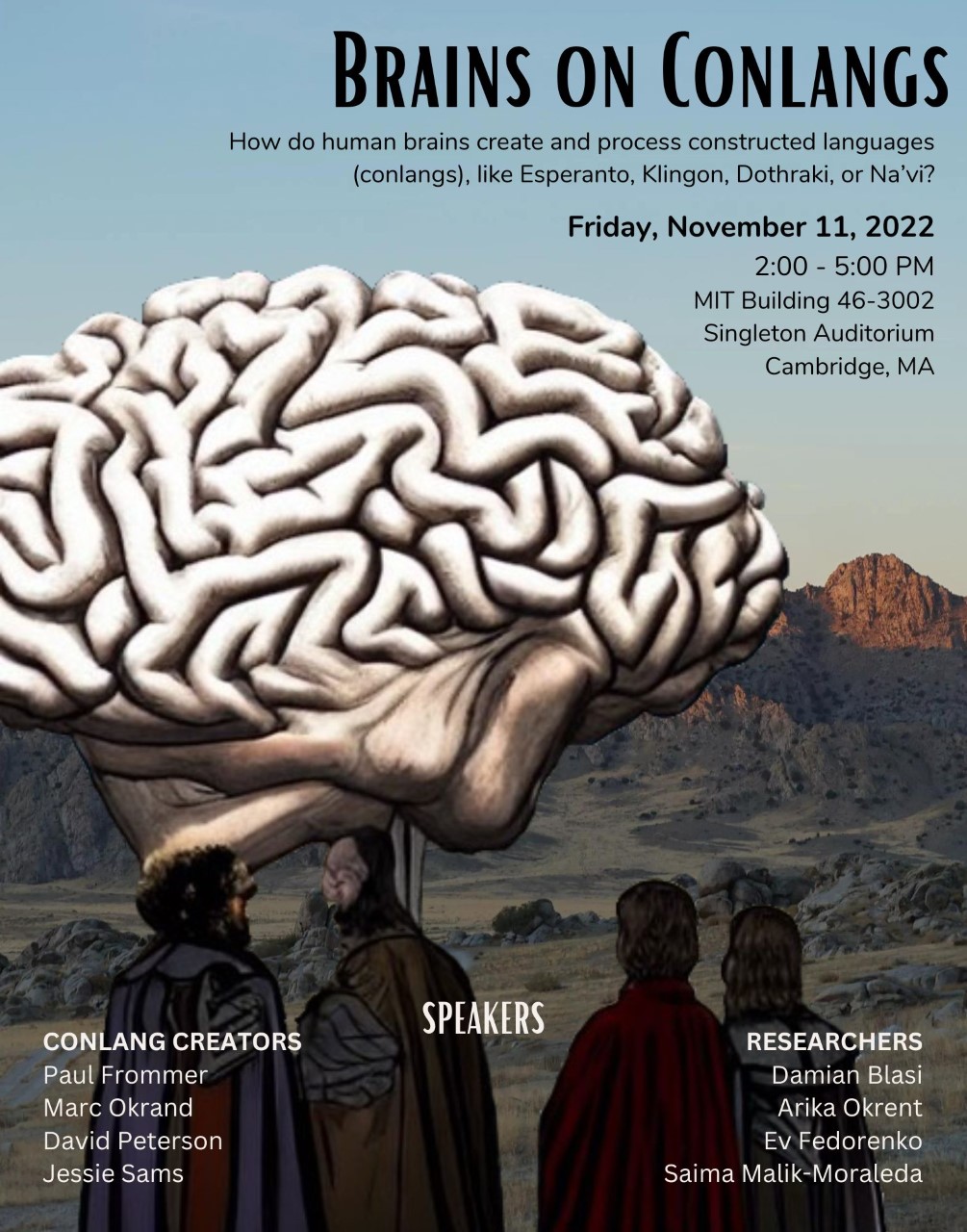Ma eylan ayawne,
I imagine that everyone reading this post has now seen “Uniltìrantokx: Fya’o Payä” at least once. 🙂 From what I can tell, the reaction of the lì’fyaolo’ has been overwhelmingly positive. Although the amount of Na’vi heard in UFP is somewhat limited, there’s still a lot there for us to discuss. So in this final post of 2022, let’s begin.
The major innovation, needless to say, is the Reef Na’vi (RN) dialect that’s heard briefly in the film. From the comments in the last post, I gathered that people wanted some time to discover as many aspects of the dialect as they could on their own, which is why I haven’t said much (or anything?) about it yet. I’ll remedy that situation after the first of the year. For now, though, let me just mention that those of you who identified a “sh” sound in RN are correct! That sound, of course, doesn’t exist in the Forest Na’vi (FN) that we’re familiar with.
The correspondence is simply that sy in FN is pronounced “sh” in RN. So, for example, syaw ‘call’ sounds like shaw, and syeha ‘breath’ sounds like sheha. This is a very common and natural sound change. It’s why English words like “sugar” and “sure” are pronounced with the “sh” sound, and why in some dialects, “assume” is pronounced “ashoom.” (Question: How would tsyal be pronounced in RN? 🙂 )
It’s likely the word you heard with the sh sound in RN was syawm, pronounced “shawm.”
syawm (vtr.) ‘know’
Syawm exists in FN as a synonym for omum, but it’s rarely used. The situation in RN is the reverse: although the reef people understand omum (keep in mind that the two dialects are mutually comprehensible!), they’re much more likely to say syawm themselves.
There’s a lot more to say about RN, which we’ll get to soon. Right now, though, let me give you the official lyrics to Neytiri’s Songcord, which has received glowing reviews. (Simon and Zoe did a beautiful job, didn’t they!) This is going to come as something of an anticlimax, since a number of you (irayo, ma Tekre!) were able to transcribe 99 percent of it accurately. Seysonìltsan! The problem was in line 15 (see below), where there was a new vocabulary item you couldn’t be expected to know:
huta (adj., HU.ta) ‘unexpected (usually for positive outcomes)’
This word is related semantically to the verb hek ‘be curious, odd, strange, unexpected’ but is generally for positive outcomes, similar to how the adverb ti’a is used. So ‘an unexpected birth’ that you’re happy about would be tì’ongokx ahuta.
A few words about the language style of this Waytelem. You’ll have noticed that Zoe pronounces some of the words a bit differently from what we’re used to in spoken FN. There are several possible reasons for this. One is that the language used may, in places, be more ancient than current FN. Another is that singers in many language traditions will modify certain sounds—most often, vowels—to make them more “singable.” You’ll hear that in some of Zoe’s vowels. You’ll also notice that the glottal stop is largely missing—that’s another change that makes for smoother singing. Finally, the strongly trilled pseudovowel rr is pronounced more like ur.
Let me leave you with another question. Can you identify any syntactic differences in these song lyrics that distinguish them from what you’d expect in ordinary spoken FN?
And with that . . .
MIPA ZÌSÌT LEFPOM, MA FRAPO!!!
ta Pawl
Neytiriyä Waytelem Neytiri’s Songcord
Verse 1:
- Lie si oe Neteyamur, I experience Neteyam,
- Nawma Sa’nokur mìfa oeyä. (And) Great Mother, within me.
- Atanti ngal molunge, You brought light,
- Mipa tìreyti, mipa ’itanti. New life, a new son.
- Lawnol a mì te’lan. Joy within my heart.
- Lawnol a mì te’lan. Joy within my heart.
Chorus:
- Ngaru irayo seiyi ayoe We thank you
- Tonìri tìreyä, For the nights of (our) life,
- Ngaru irayo seiyi ayoe We thank you
- Srrìri tìreyä, For the days of (our) life,
- Ma Eywa, ma Eywa. Oh Eywa, oh Eywa.
Verse 2:
- Zola’u nìprrte’, ma Kiri. Welcome, Kiri.
- Ngati oel munge soaiane. I bring you to the family.
- Lie si oe atanur, I experience the light,
- Pähem parul, tì’ongokx ahuta. A miracle arrives, an unexpected birth.
- Lawnol a mì te’lan. Joy within my heart.
- Lawnol a mì te’lan. Joy within my heart.
Chorus repeats



